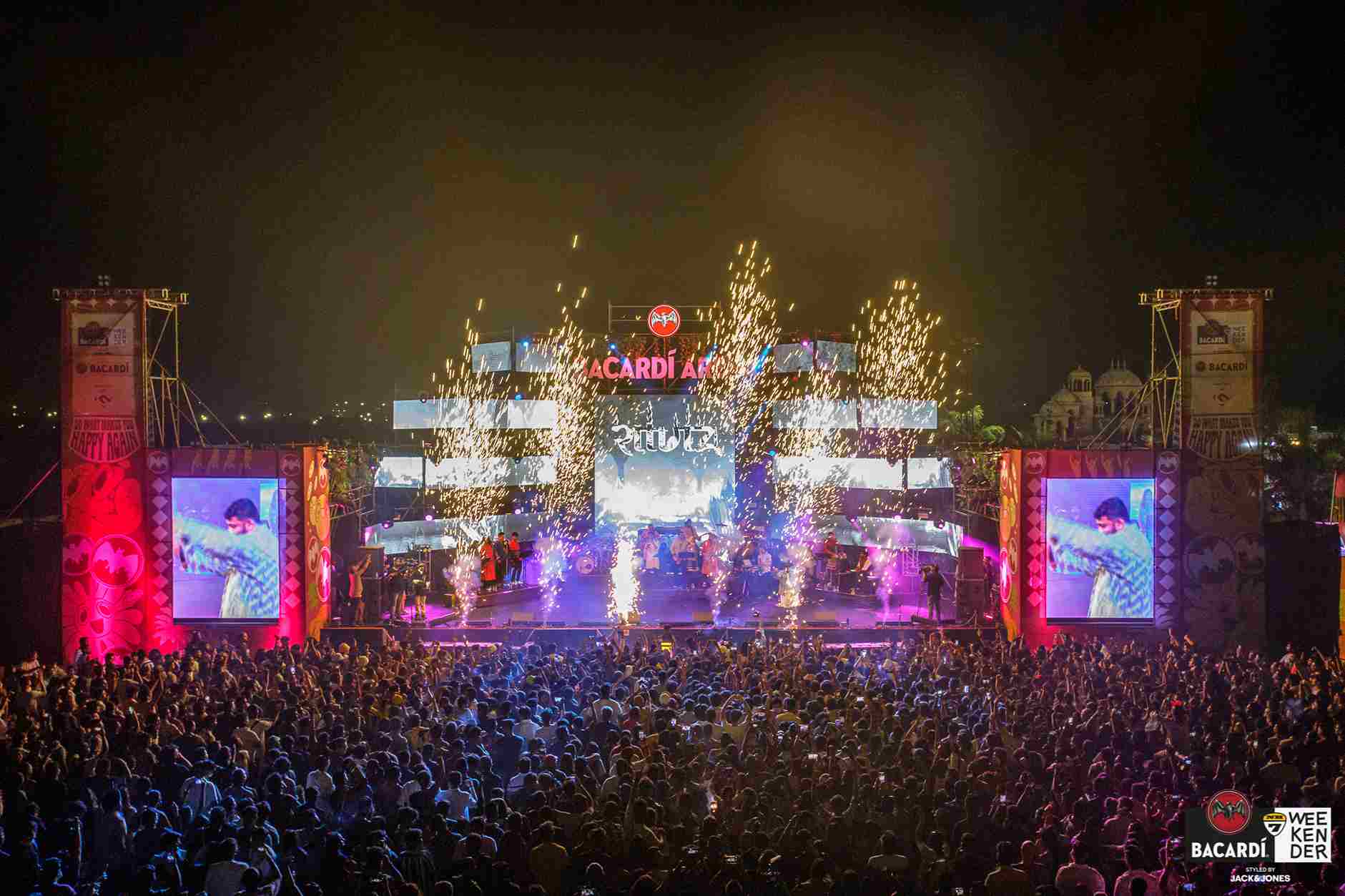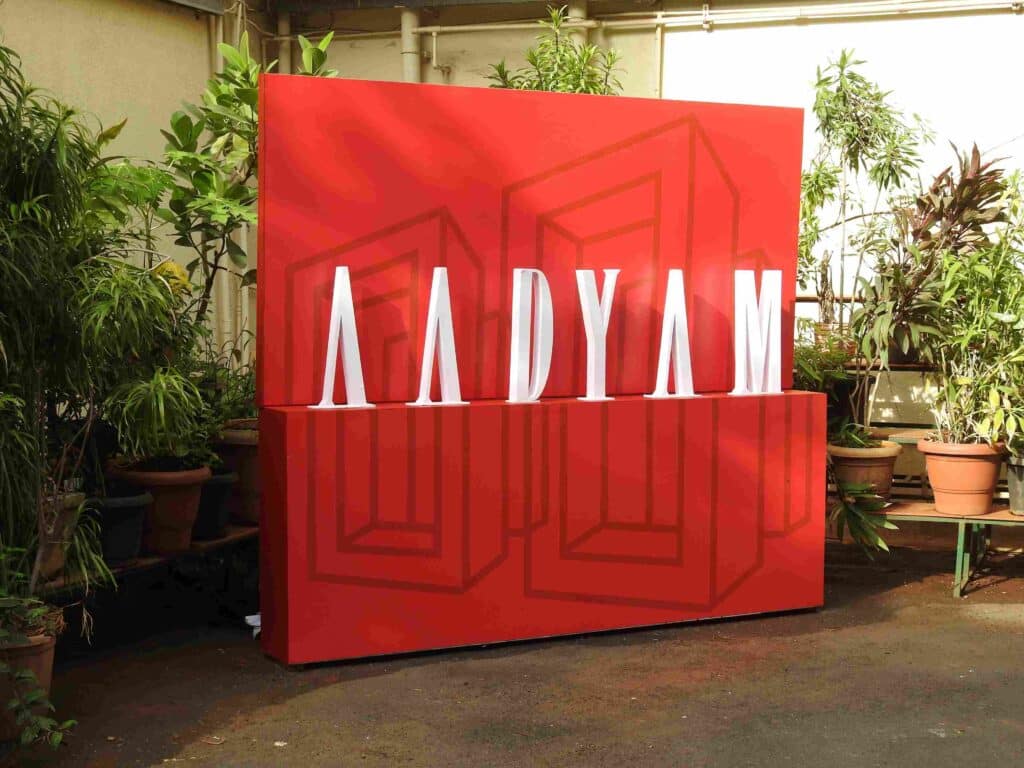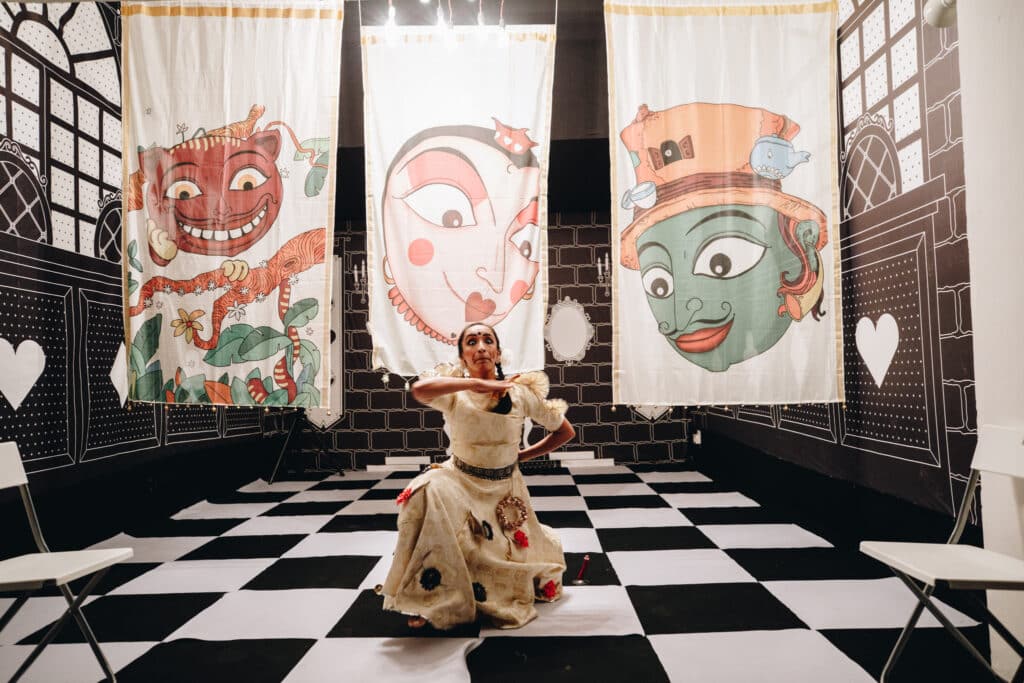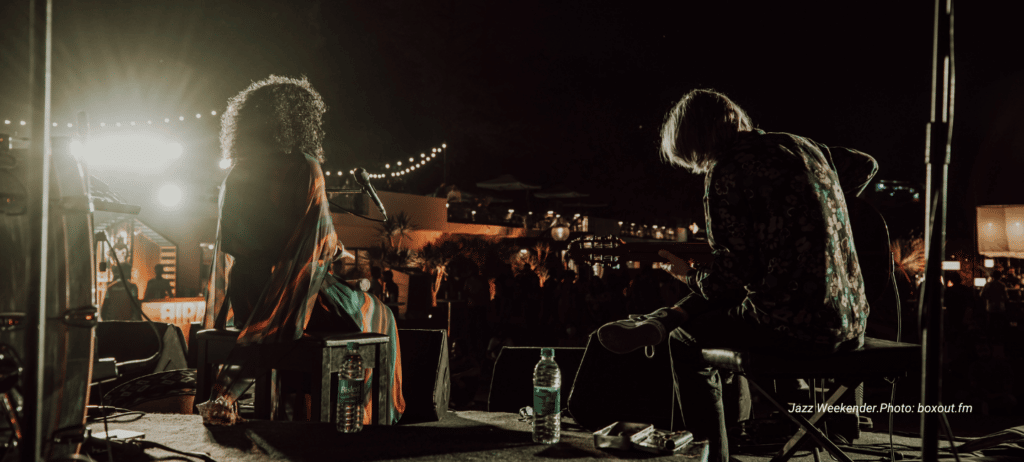From an audience perspective, music festivals are a chance to see all your favourite musicians on one stage, with flower crowns and free-flowing alcohol. But from an organiser pespective, they are often scrappy enterprises.
I began my career volunteering at music festivals and over the last decade, have been part of the backstage crew at some of the largest ones in the country, in various roles. I have run stages, looked after production, been an artist liaison and handled transportation. I have also been a tour manager and travelled with artists to festivals, witnessing first-hand the chaos behind the scenes. Here are some of my learnings and experiences from my time working at many of India’s most well-known music festivals.
You will walk. A lot. And all the time.
During the lockdowns, I started using one of those fitness bands that count your steps all day. A couple of weeks ago, at the first music festival I worked on in two years, I’d already crossed my daily goal of 5,000 steps before 10 am. I did over 12,000 steps over the course of that day. That’s par for the course at a music festival. I have walked at least double that amount in a single day, running from backstage to sound consoles, to food areas, to roads near the venue where I’ve attempted to let security allow artist cars to come through. I’ve toiled away on festivals that ran through the night, going till 8 am the next morning and then starting back up at noon. I’ve gone four days with next to no sleep, and I know people who have done even more, being on ground from a week before the event to leaving two-to-three days after. If you’re an aspiring festival organiser, my one piece of advice would be: Always always, always wear comfortable shoes.
You will deal with a lot of egos, but for the most part, the people you work with will be quite nice
I’ve had artist-facing roles at many music festivals and for the most part, I’ve found musicians to be a polite, kind and generally understanding bunch of people. As long as they have their food, drink and sometimes, a little something to smoke, they’re happy to wait if soundcheck is a little delayed. For some, the last of those items is essential. Some years ago, a band from central Europe that spoke little English, found a way to communicate with their Hindi-speaking driver to score a baggie at a rest stop on a highway while on their way to the festival. I was in the other car and absolutely unaware of this, and was shocked when a shady man appeared out of nowhere and presented them with the goods.
Not all artists and their teams are that friendly though. Some years ago, at a festival in a palace in a small village three hours from the nearest city, the manager of a popular Indian singer-songwriter threw a tantrum. He’d been asked for his transport requirements well in advance but hadn’t sent it in until he was already on-site at the festival. The vehicles could only arrive six hours later, but he demanded them at once and started throwing his weight around. This was at a festival where the international headliners and their management had been friendly, calm and highly understanding. Thankfully, he was quickly shut down by the organisers.
An international DJ at the same festival landed at the airport on a late-night flight, claimed he couldn’t find the person assigned to pick him up and promptly checked himself into the nearest five-star. With no way to contact the man himself, the organisers frantically emailed his agents, and heard back only early next morning, whereupon they were forced to pay for the hotel room. He eventually only reached the festival ground much later that evening, less than an hour before his scheduled slot.
Being behind the scenes at a festival is a different world too, separated from reality by crew wrist bands and artist credentials.
When things go wrong, they can go really really wrong
A music festival consists of a lot of moving parts, each of which are dependent on each other for things to run smoothly. So when something goes wrong, it can have implications on everything else. I once worked on a camping festival that was a mess from the get-go. To start with, the stages were located too close to each other so the sound kept bleeding from one area to the other. The camping area was not properly equipped to handle the number of attendees and the water ran out on the first day itself. This was at a time when the sun was out in full force but the organisers hadn’t built a covering for the stage or almost anywhere else, which meant overheated equipment, leading to soundcheck delays, which led to show delays which ultimately led to cancelled performances. The audience too preferred to stay in the (minimal) sheltered areas rather than brave the heat to watch the performances. Things went from bad to worse at night when someone from the team, probably too drunk to find their way to a bathroom, shall we say, desecrated a tent.
Being around so much alcohol invariably leads to some bad decisions. Two members of a long-running Indian metal band once had a major fight at an after-party held on festival grounds. The testosterone-fuelled musicians, as known for their music as for their proclivity for bodybuilding, had a physical altercation and consequently damaged the expensive PA system. Both the musicians were thrown out and the band banned from ever performing at the festival again.
When it’s good, it’s great!
When your crew is experienced, it can be smooth sailing. I’ve worked on a music festival held at a vineyard for over five years in a row before the pandemic. The crews, from production to sound and artist management, are well adjusted to each other and know each other’s strengths and weaknesses, so much so that we all look forward to seeing each other every year at the festival. Even the security guards are the same each year so the whole team knows them and are friendly with them. Because the crew knows exactly what it’s doing, soundchecks are smooth, cars leave hotels well in advance to account for traffic, green rooms are spacious and well stocked with food and drink. We’ve had several touring international acts commend the crews’ organisation and efficiency, declaring the festival team to be on par with or even better than those in Europe. It is immensely satisfying working on a festival like that.
I’ve always felt like music festivals have occupied a rarefied space of their own, a little bubble outside of reality where the rules of the regular world don’t apply, and the most important decision is which act you’re going to catch in that conflict slot and what time you’ll schedule your food breaks. Being behind the scenes at a festival is a different world too, separated from reality by crew wrist bands and artist credentials. While it can be extremely hectic, the satisfaction of successfully pulling off such a major event rivals nearly anything. And though post-festival withdrawals can be brutal, I, for one, am glad they’re back.
Aftab Khan is a music industry professional and arts and culture enthusiast.




Share on